Tennessee Legal Malpractice Claim Filed Too Late
Day on Torts
FEBRUARY 10, 2022
Under the discovery rule, the limitations period will begin to run when “(1) the plaintiff suffers an ‘actual injury’ as a result of the defendant’s allegedly wrongful conduct, and (2) the plaintiff knew or in the exercise of reasonable diligence should have known that its injury was caused by the defendant’s alleged wrongful conduct.”


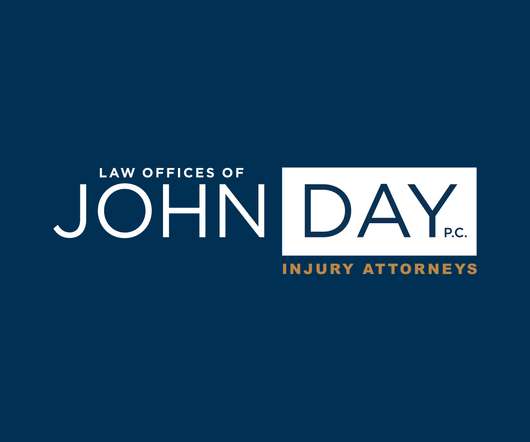

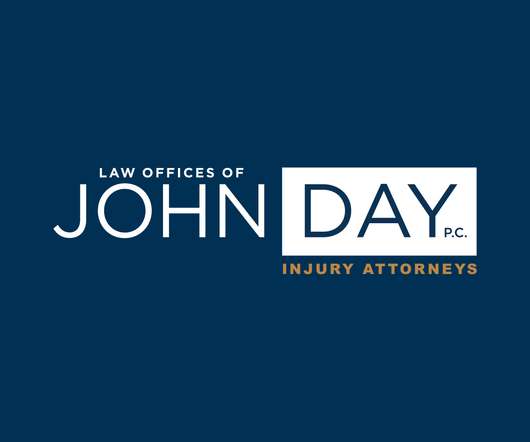
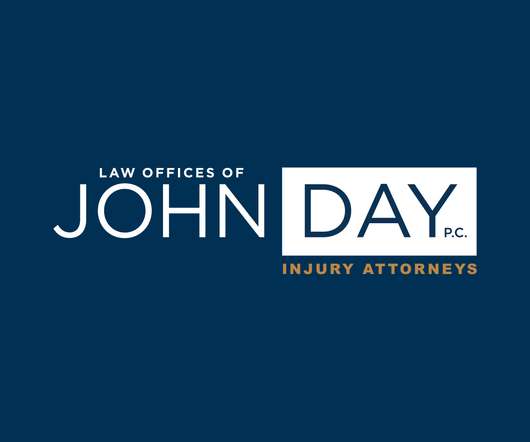
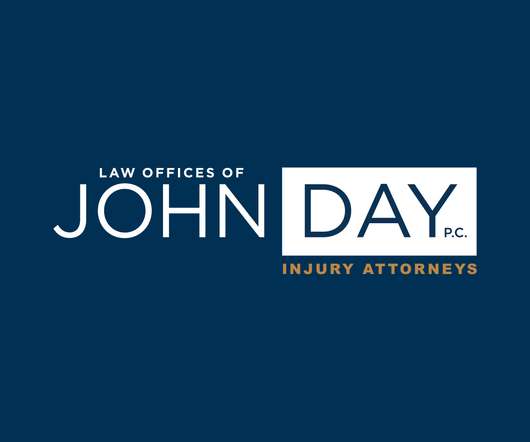
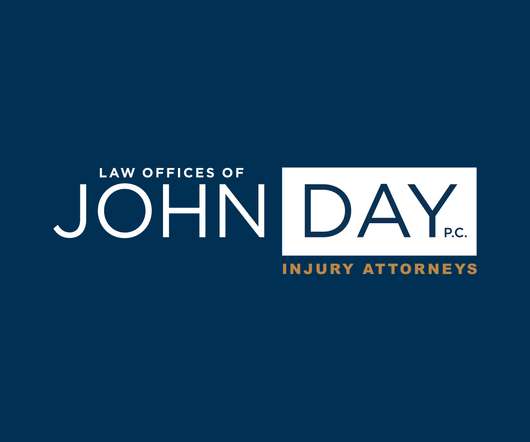









Let's personalize your content